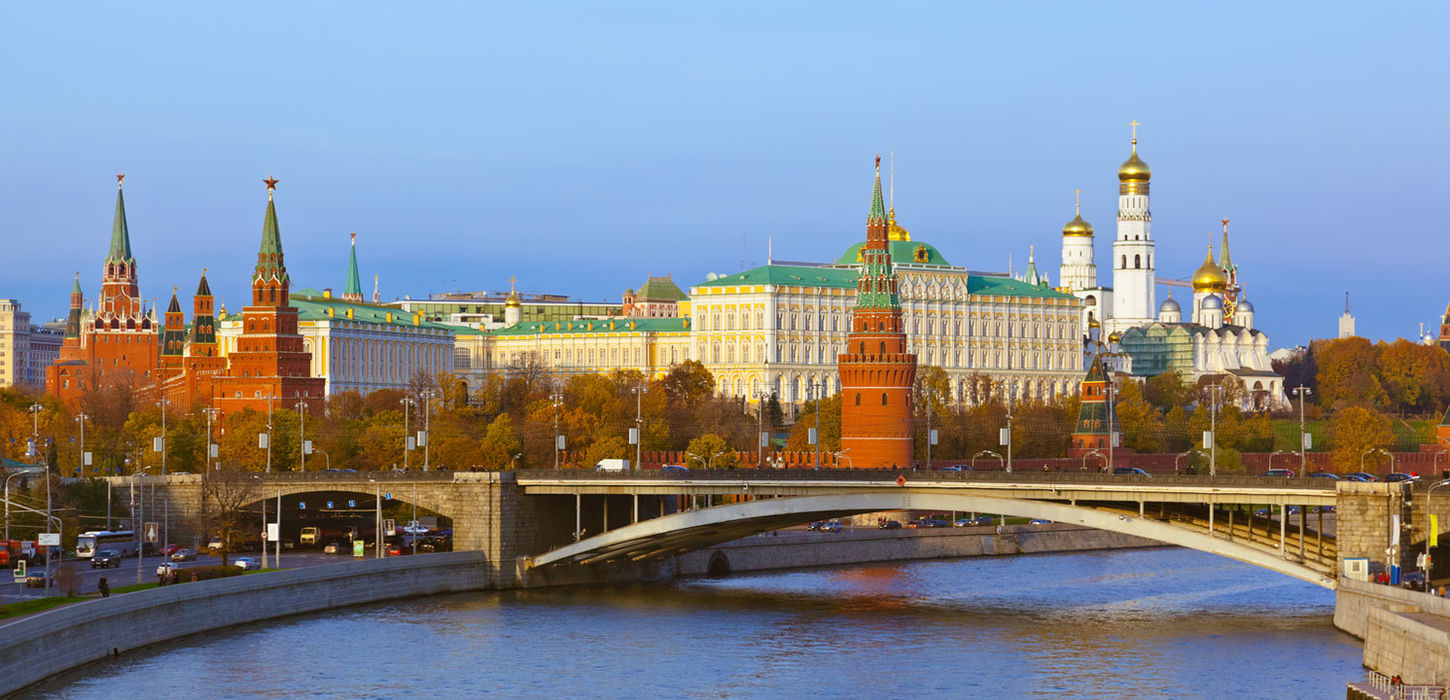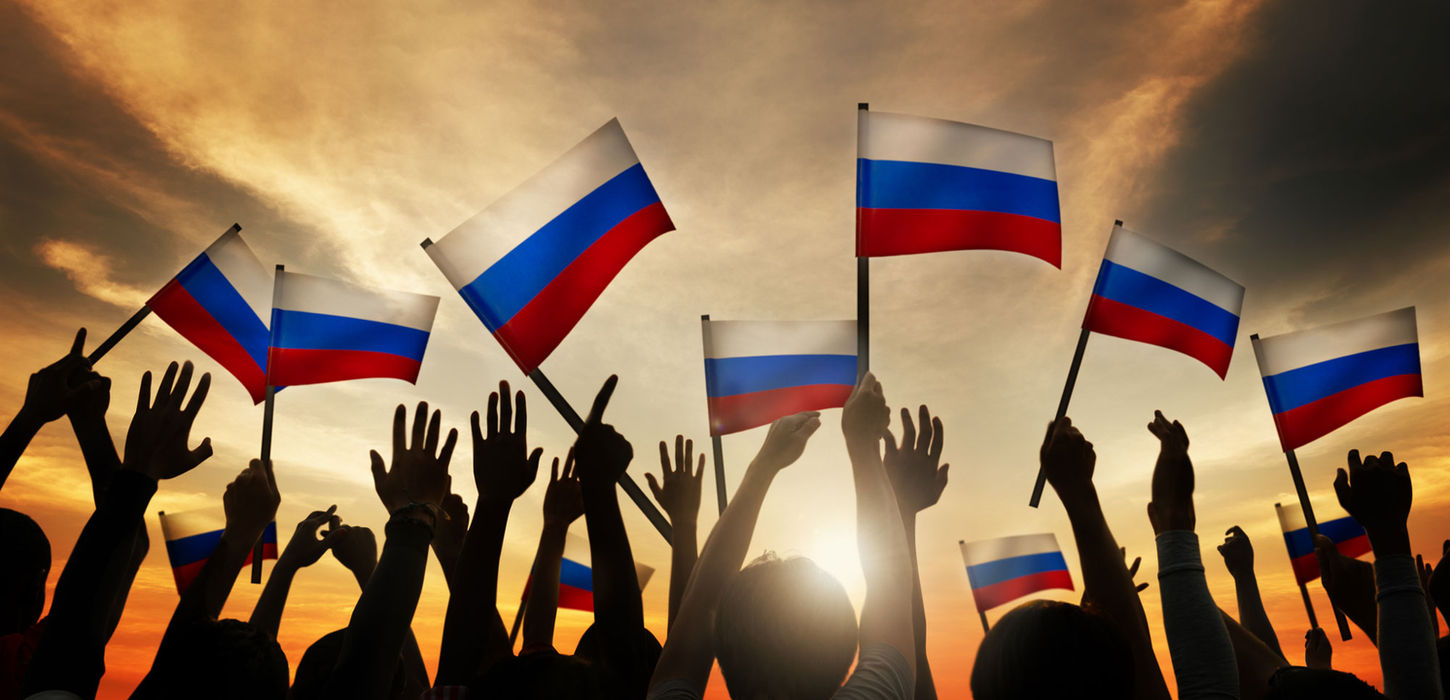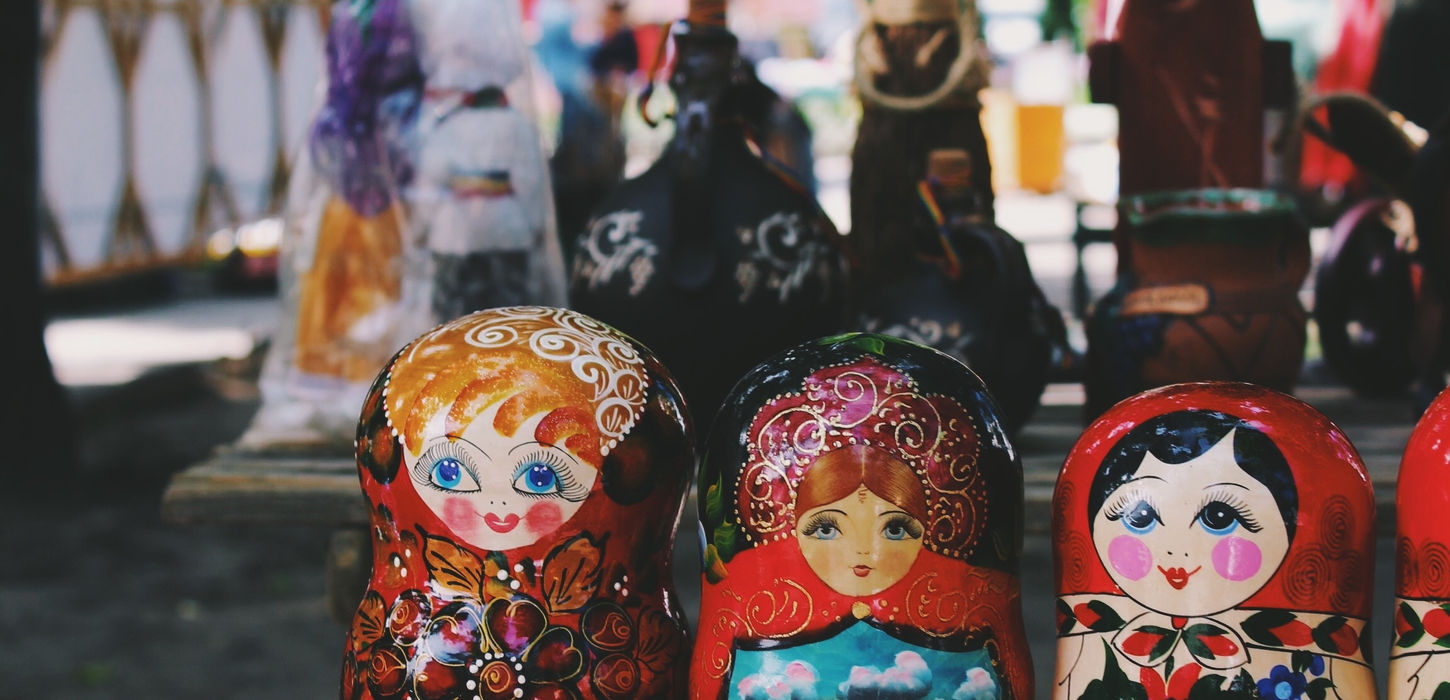LEARN MORE ABOUT THE RUSSIAN LANGUAGE

Russian Language Solutions
Volatia is a leading provider of professional Russian language translation and interpreter services. Whether you are in the United States or anywhere else in the World, Volatia is uniquely capable of bridging all of your Russian translations and interpretations.
The secret sauce is our proprietary technology, coupled with our vast network of qualified professional Russian translators and interpreters.

Over 18,000 Interpreters are available on demand. Simply download our app or call our language line to access interpreters in more than 300 languages, including American Sign Language, 24/7/365. You can also schedule an interpreter for an in person meeting through terpX or by calling 877-VOLATIA or emailing customerservice@volatia.com.
The effort of translating your written materials demonstrates your commitment to foster diversity, equity, and inclusion in all of your business relationships. Volatia can help you turn every written message into the language your customers understand.
Unleash your team with terpX, the most user-friendly and comprehensive Interpreter management and scheduling platform. This proprietary technology is designed with purposeful automations for organizations that provide or manage interpreter services on demand.
DEI Consulting
Diversity, equity, and inclusion are no longer optional dimensions for any business. Volatia guides your organization to develop and implement a language access program that ensures equitable communications for your customers, workforce, vendors, and partners.
Solutions We Provide
Simplified Procurement
24 / 7 / 365
300+
18,000+
99%
20+
Why Choose
VOLATIA
Northern
The Northern area in which the Northern dialect is spoken is estimated to stretch from St. Petersburg eastward to Siberia. This dialect is spoken north of Moscow. Speakers of this dialect have a tendency to pronounce a long pronounced O called Okanie. When a speaker of the Northern dialect pronounces a word with the letter O, they’ll pronounce it as if it had two long O’s.
Another distinction in the Northern dialect is their pronunciation of the letter Ч. While this letter makes the “ch” sound, those who speak the Northern dialect pronounce it as the Russian letter Ц which is pronounced as “ts”.
For example, Печка means “stove” and while the pronunciation is “petchka”, in the Northern dialect it is pronounced “petska”. Although the dialect spoken in the Northern region is commonly known as the Northern dialect, it has roots in other dialects such as Novgorod, Vladimir-Volga, Pomor and Vologda-Kirov. Some of these dialects have a very old origin and now are reflected in the Northern dialect.
A similarity that they share is that they don’t manifest the vowel reduction in unstressed syllables that is common in the Russian language.
Southern
The Southern dialect is spoken in most of Central and southern Russia. A distinction of this dialect is the fricative G. Because it is fricative, instead of sounding like a G it sounds like an H. For example, снег means “snow” and it is pronounced “sneg”. In the Southern dialect though, it is pronounced “sneh”. The Southern dialect also includes something known as the Yakanye. Yakanye causes O, E, and A to be pronounced as a hard A sound before a stressed syllable.
Like the Northern dialect, the Southern dialect also is related to other dialects. One example is Belarusian. Belarusian is one of the two official languages of Belarus, the other being Russian. Belarusian is said to link the Russian and Ukrainian languages. For this reason, certain Russian words in the Southern dialect are pronounced in a similar way to how they are pronounced in Belarusian and Ukrainian.
Central
The Central dialect is spoken in Moscow and in most major cities. It is known as the “standard” Russian. Modern literary Russian is based on the Central dialect. It is composed of the consonant system of the Northern dialect and the vowel system of the Southern dialect.
In the Central dialect, Akanie is used. Akanie is the pronunciation of O and A as A when both vowels are unstressed.
Russian Dialects
Greeting Norms
People normally greet each other formally and their greeting depends on the time of day. For example, “Dobroe utro” means “Good morning”, “Dobriy den” means “Good afternoon” and “Dobriy vecher” means “Good evening”. A more casual way to greet someone is by saying “Privet” which means “Hi”.
Something important is that you should not greet someone across a threshold. This is impolite and gives the other person the impression that they are not allowed to enter. There is also an old superstition that if you greet someone shaking their hand across the threshold, this will cause you to argue with them in the future.
When you meet someone, they generally shake your hand quite firmly while maintaining eye contact. Not maintaining eye contact while greeting someone is seen as disrespectful. Women usually greet their female friends with three kisses. First, one on the left cheek. Then, one on the right and the last one again on the left.
Men greet their male friends with a hug and a pat on the back. With someone you don’t know it is best to wait to be introduced rather than introducing yourself. You always address someone older or of higher status by both their first and middle name.
Communication styles
Russians are very direct. They do not hesitate to correct others and to give others honest criticism. They speak bluntly and to the point. Their humor is generally dry, sarcastic and again, direct. It can also be self-deprecating. They also often swear in casual occasions.
Personal space and touching
Russians usually stand and sit close to each other. Friends can reach out to each other perhaps putting an arm around the person as a sign of a good relationship. Generally though, physical contact is limited to couples. It is common though to shake people’s hands when greeting them.
Eye contact and gestures
When greeting someone and shaking their hand, you must maintain eye contact. Otherwise, you will be considered as disrespectful. Russians normally have a serious front toward strangers and generally never smile to strangers on the street. There is an old idea that those who smile for no apparent reason are gullible and foolish.
There are certain hand signs and gestures that are considered obscene.
One of them is to make a fist with the thumb protruding between the middle finger and index finger.
Another is the sign that in the United States is normally used to say “okay”. This is the sign where the index finger and the top of the thumb meet to form a circle, with the other three fingers stretched out.
Another offensive gesture is to place your wrist or arm on the inside of your opposite elbow and then bend the elbow with the hand closing in a fist.
All of these gestures and signs are considered obscene and offensive.
Russian Culture Reference Guide
Russia
Belarus
Kazakhstan
Kyrgyzstan
Russian is the official language of four countries and it is an important secondary language in many others. It is also widely spoken in many countries. There are approximately 258 million Russian speakers worldwide. Russian is the 8th most spoken language in the world.





